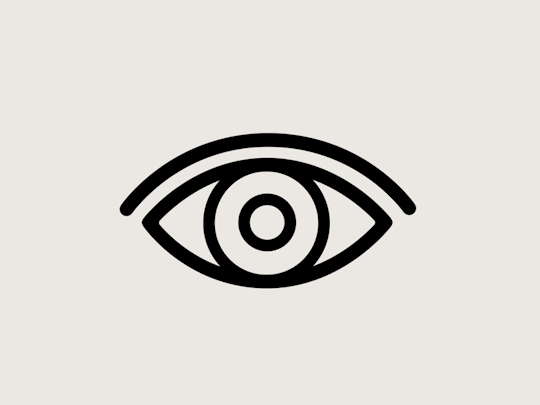That the ambitious ones buy a Poe! A real paper, with horny pages. Science shows that reading can develop skills that are essential to any social interaction, including those at work. If this leisure is not part of your habits, do not panic, we give you the right reasons to (re) put.
1. To have a better job:
An Oxford scholar studied the extracurricular activities of 17,000 thirty when they were in high school. Of the sixteen identified activities (cooking, sport, cinema, painting, etc.), only reading seems to correlate with their current socio-professional category: those who read during their youth more often belong to the category of senior professional and intellectual occupations. This correlation is explained by the link between reading and university, let alone employment. In other words, if you looked on the internet at the summaries of the books you had to read in high school, worry about your career.
2. To have a brain that knows (really) do several things at once:
Reading is not written on our genetic code as vision: it is an apprenticeship. Our brain develops a circuit-specific to this activity. Concentration on the same object, memory, taking back are skills that are solicited by reading. Hence the problem of contemporary digital reading. Faced with the titanic flow of information that must be processed quickly, the brain adapts and favors an effective reading to a deep reading. In the journal Science, Patricia Greenfield, professor of psychology at the University of California in Los Angeles, shows the consequences: our brain promotes configuration for digital reading. We are losing the skills that were unique to traditional reading. Down with the reading lights? To preach a return to a paper world is neither conceivable nor desirable. We should rather try to combine the two configurations in what a Guardian article has called “bi-literacy”.
3. To be able to communicate better:
To express a nuanced thought, we need words. Many words. That’s good, the French language has more than 60,000. Still, it is necessary to know them. A study shows that we are not equal to words. At age 14, a child who had read a story every night would have heard 1.4 million words more than the one who would have been deprived of it. Good point nevertheless in the fight against inequality: our generational disenchantment for reading is about to make the cruel social inequality of the lexical deficit (“word gap”) much more egalitarian by the magic of the leveling down. From now on, we all miss words.
4. To be able to lead better (and show more humanity):
Do you remember Madame Bovary who assaulted us with her torments of heart, of Meursault in L’Etranger, whom we did not understand at all? These characters and all those who have been followed for one or a thousand pages, who have changed their minds, fall in love or are angry, are a library of personalities that form our empathy. “Read allows us to adopt the vision of a character with whom we would not have been in contact otherwise. With their psychological experience, the way they interact with others, we use them to better understand our own environment, “says Maria Eugenia Panero, researcher at Yale.
No more excuses to not go to the bookseller (yes, it still exists). And then, admit it: you love the smell of a good new book.
